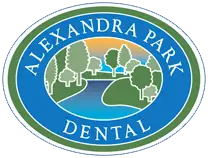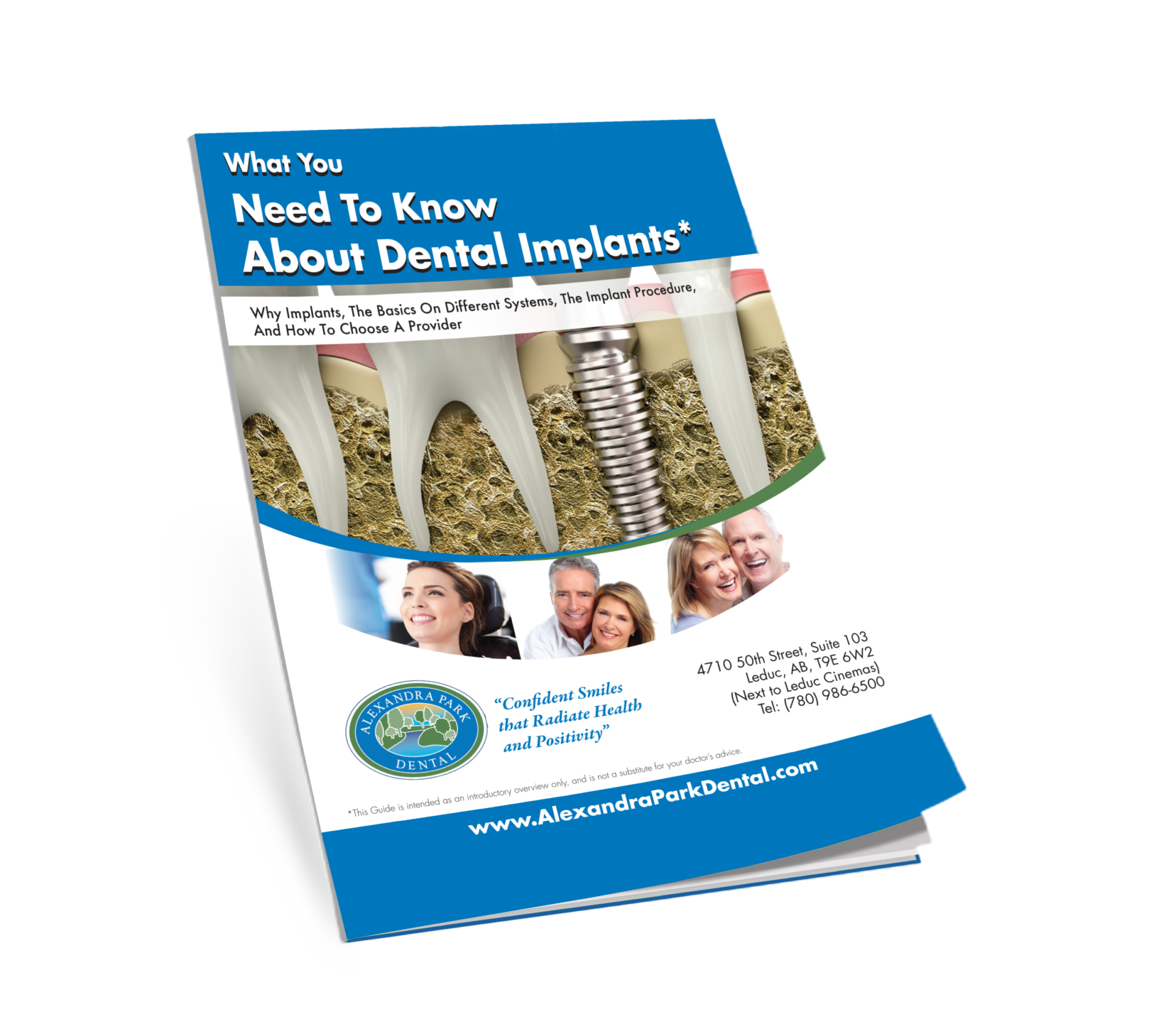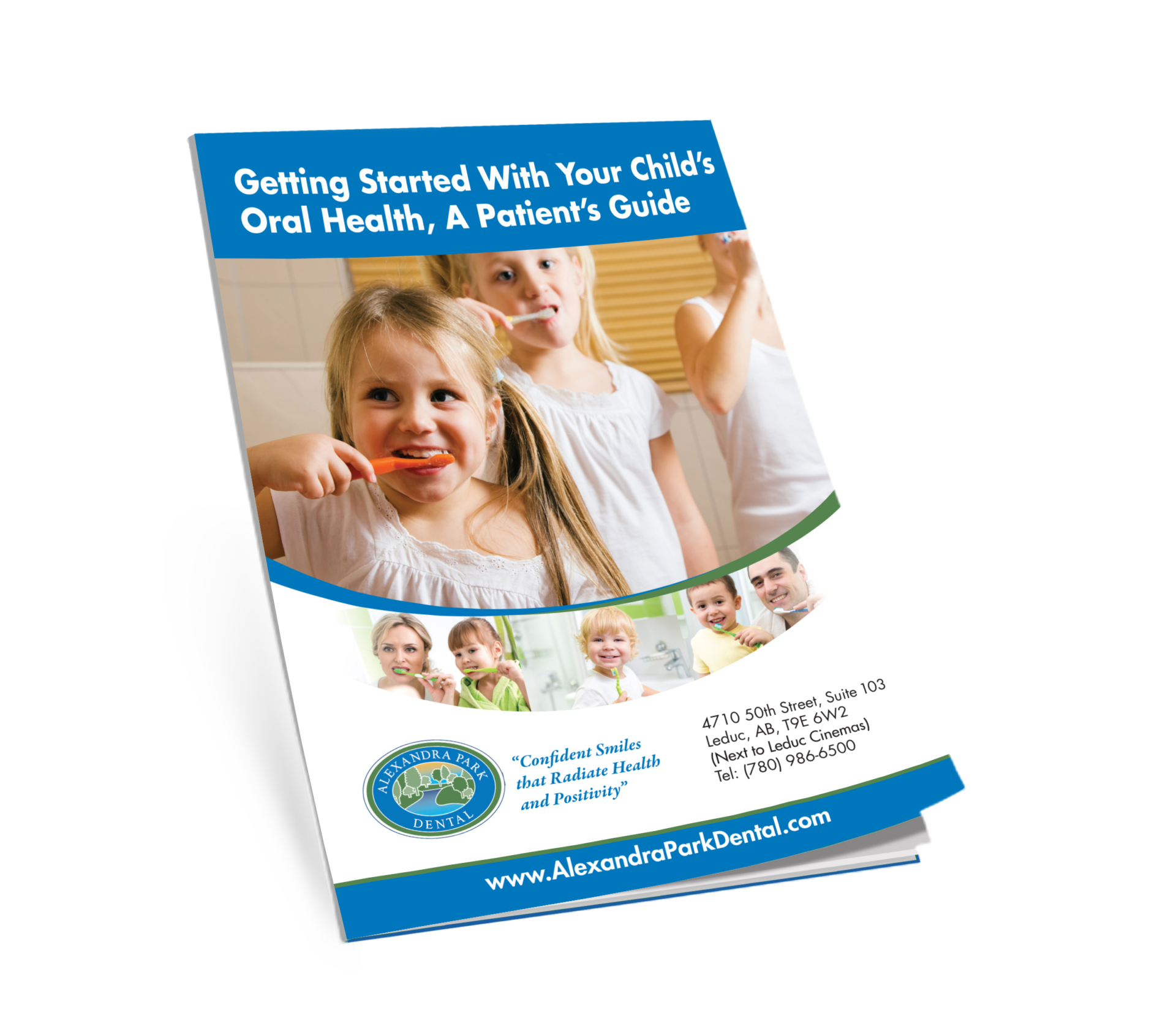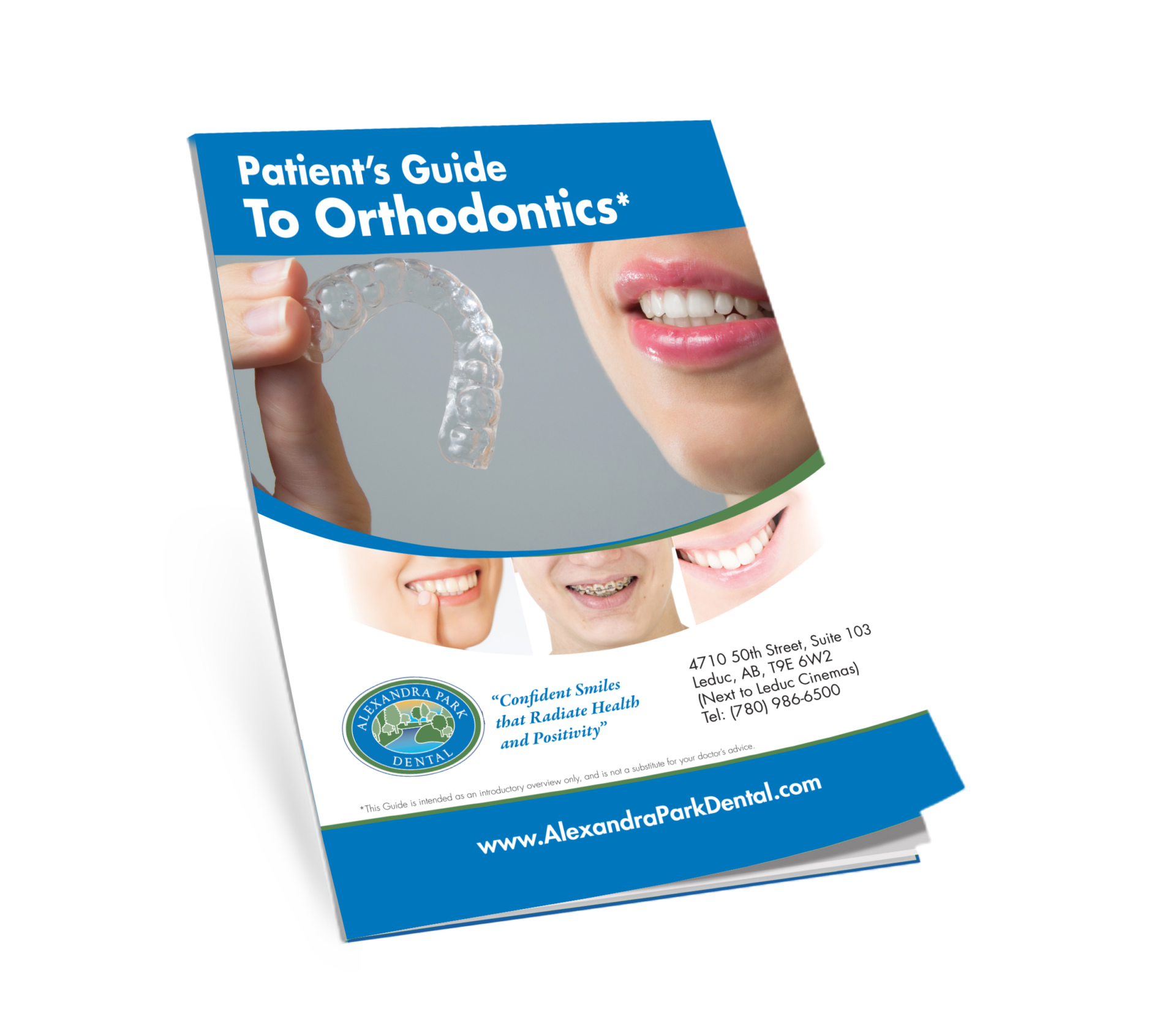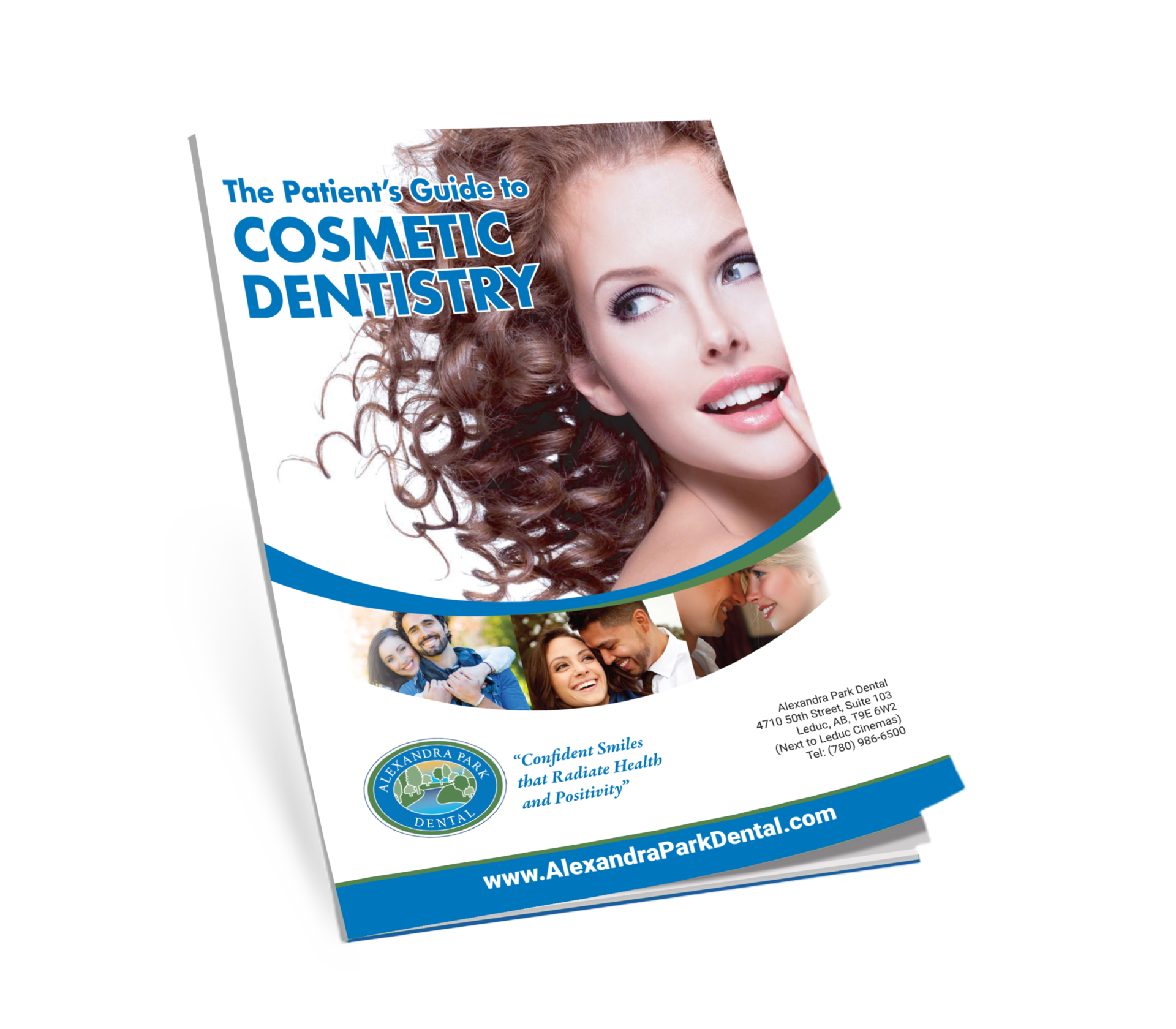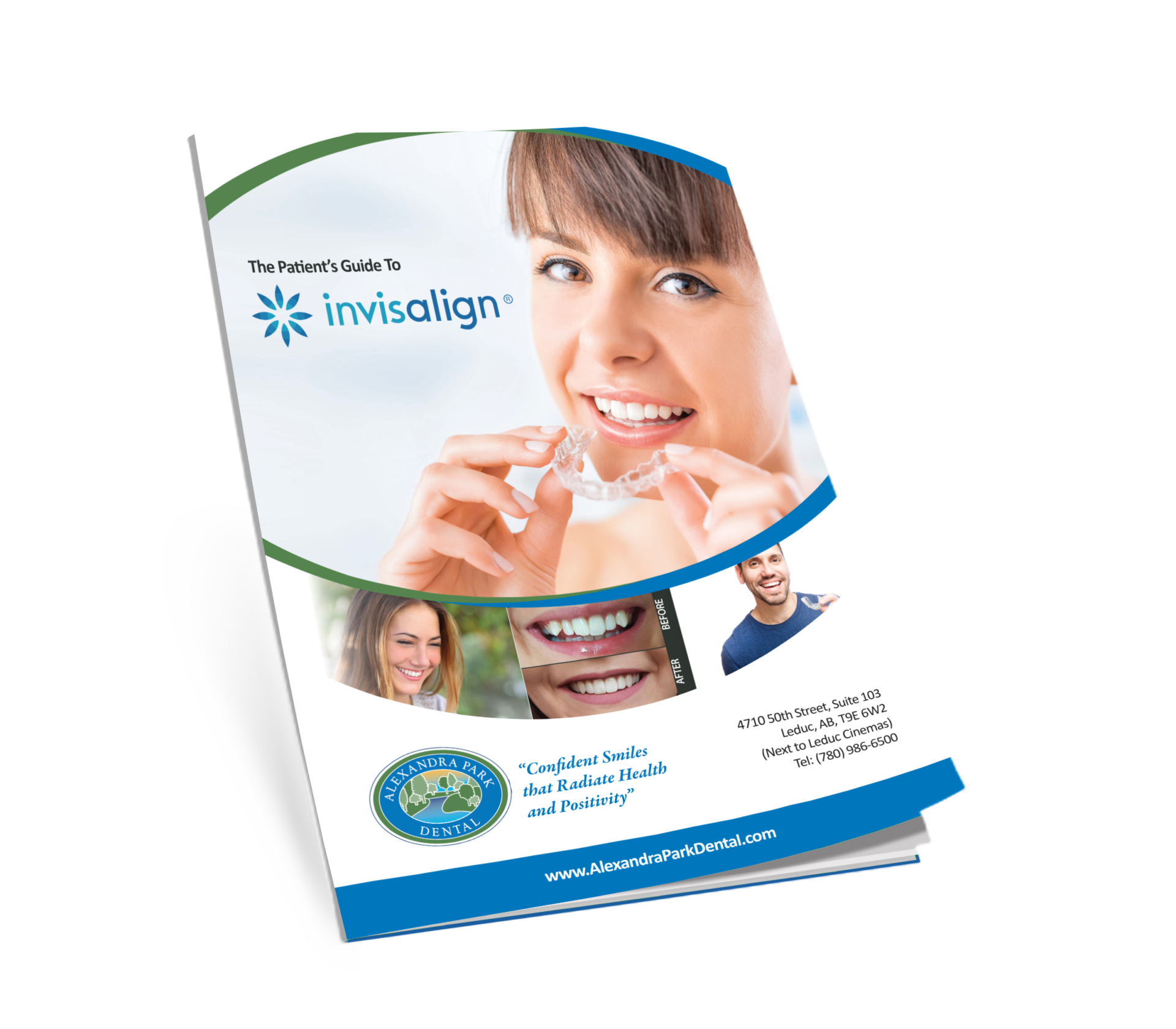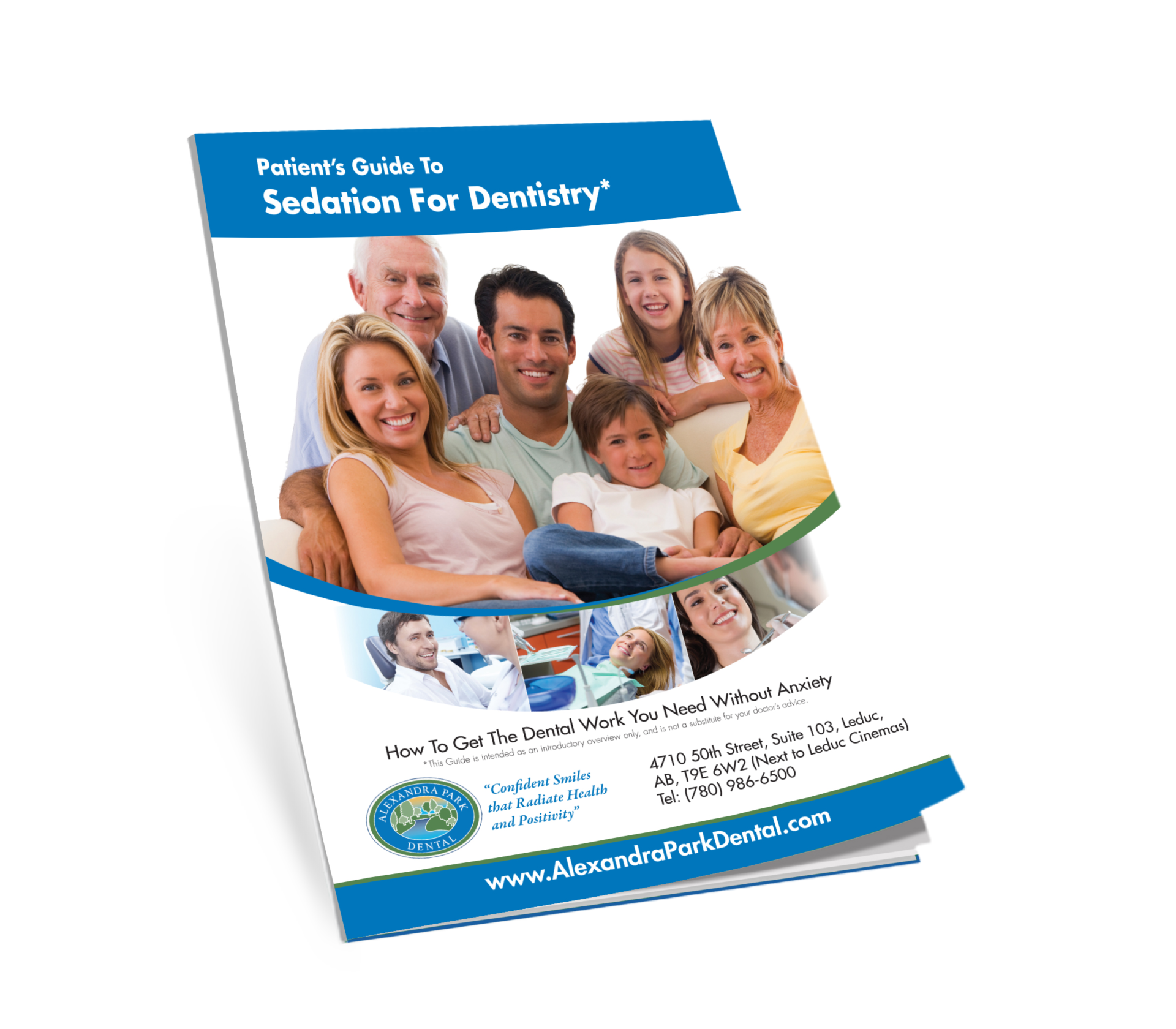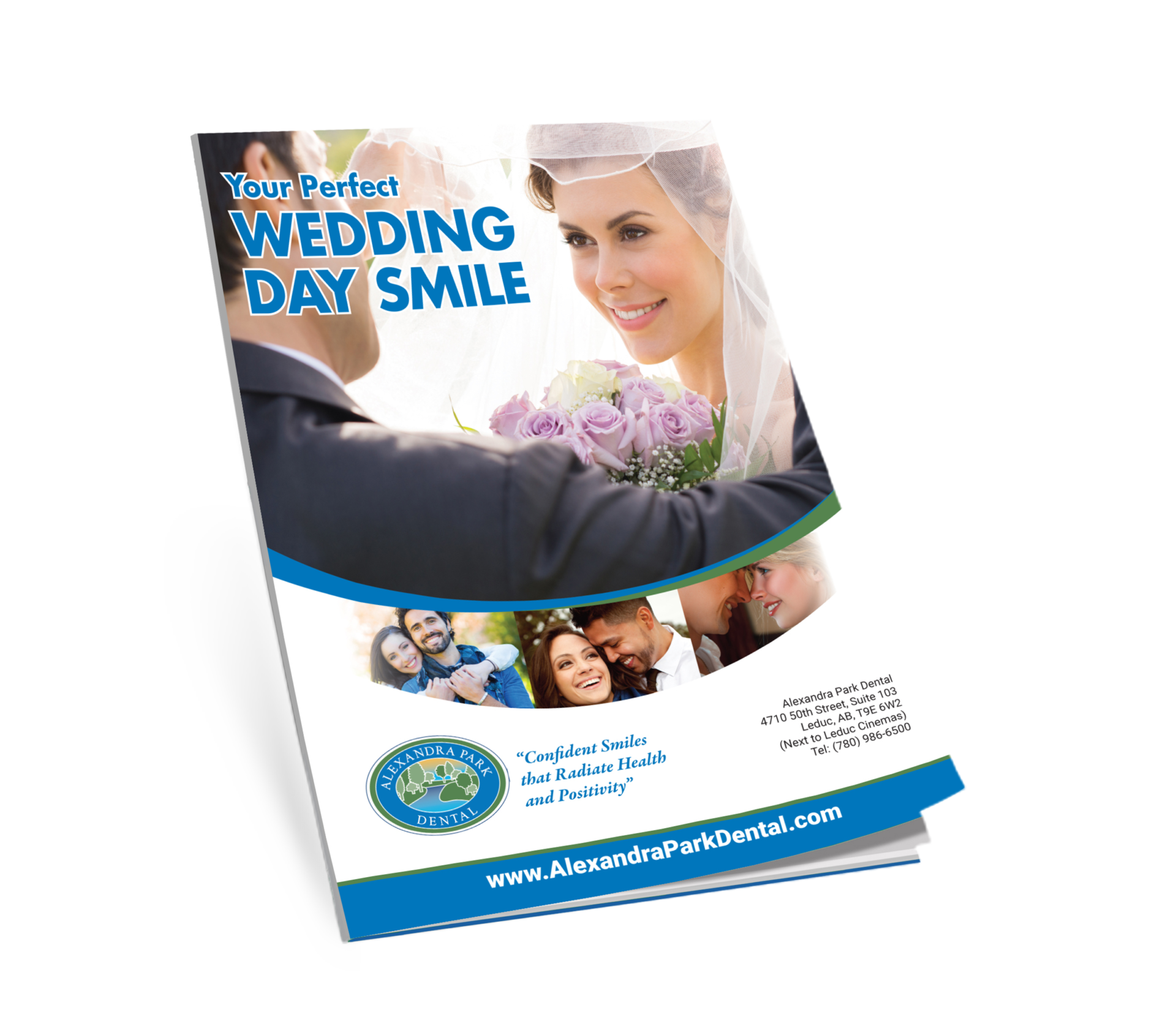Sleep Apnea & Snoring Appliances

Snoring may seem like a normal sleep function, but excessive snoring could indicate to larger issues.
Sleep apnea is a condition where your muscles relax during sleep. The soft tissue collapse and block the airway due to your muscles becoming overly relaxed during sleep. This results in you not breathing, lasting anywhere from several seconds to a minute (or more).
If left untreated, sleep apnea can be dangerous, and even life-threatening in some cases.
Symptoms of Obstructive Sleep Apnea
- Loud snoring
- Gasping for air during sleep
- Difficulty staying asleep
- Excessive daytime sleepiness or tiredness
- Episodes where someone has noticed you stopped breathing during sleep
Risk Factors associated with Obstructive Sleep Apnea
Sleep apnea can affect anyone, even children. But certain factors increase your risk. Factors that can increase the risk of sleep apnea include:
- Obesity greatly increases the risk of sleep apnea.
- People with larger neck circumference usually have narrower airways.
- You might also have inherited a narrow throat. Tonsils or adenoids also can enlarge and block the airway, particularly in children.
- Sleep apnea occurs significantly more often in older adults.
- Having family members with sleep apnea might increase your risk.
- Men are two to three times more likely to have sleep apnea than are women. However, women increase their risk if they’re overweight, and their risk also appears to rise after menopause.
Are you tired of snoring or struggling with sleep apnea?
These conditions can not only disrupt your sleep but also lead to more serious health problems if left untreated.

Click the button below to receive your free copy and take the first step towards a better night's sleep and a healthier, happier you!
Detection
If you, or someone you know, struggle with snoring, excessive daytime sleepiness, memory problems, irritability, fatigue, and insomnia, it may be time to consult an expert to explore whether the culprit is obstructive sleep apnea.
Dentists can play an important role in detecting sleep apnea. Because of our extensive knowledge of the jaw, mouth, teeth, and tongue, dentists can assess patients for sleep apnea. If necessary, patients may be referred to their family doctor for further testing.
Symptom Management
Unfortunately there is no cure for sleep apnea, but the symptoms can be managed. Oftentimes lifestyle changes, such as quitting smoking, avoiding alcohol, and losing weight, can help some patients. Sometimes it is found that sleeping on the side can help alleviate sleep apnea symptoms.
An oral appliance is a proven effective treatment option for many sleep apnea patients. These are devices which are fitted by a dentist or orthodontist and which the patient wears during sleep.
Here at Alexandra Park Dental, we recommend SomnoDent dental appliances. This appliance is worn while you sleep and moves your lower jaw slightly forward so that when the muscles at the back of your mouth relax, they do not block your airway. This also helps expand the airway, giving your throat more room to allow air through.
If you've been diagnosed with sleep apnea, Alexandra Park Dental in Leduc welcomes your call to explore creating a custom guard to help treat your condition.
If you are looking for a dentist in Leduc for Vivos a Non-Invasive Solution for Sleep Apnea, please call us at 587.671.1378 or book an appointment online.

Vivos a Non-Invasive Solution for Sleep Apnea
Vivos offers a non-invasive alternative to CPAP machines for obstructive sleep apnea. This personali...
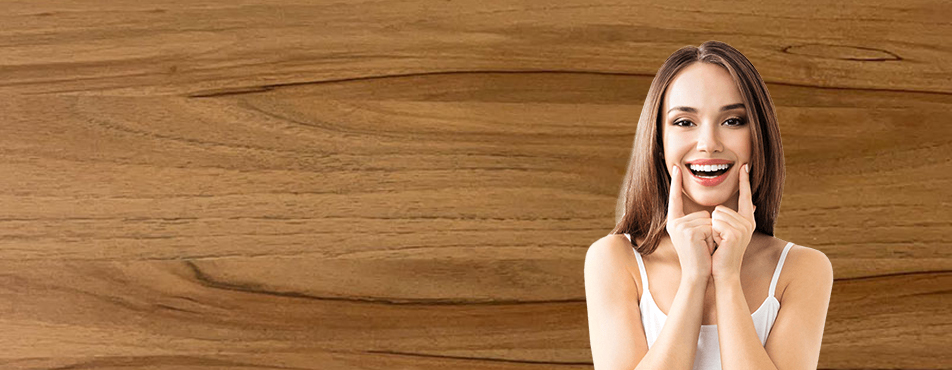
Dental Hygiene & Cleanings Leduc.
Preventive dentistry is the key to a long-lasting, healthy smile. Professional dental care is just as essential as brushing and flossing regularly. Preventative care in the form of professional dental services is crucial to avoiding difficult and expensive dental issues later on.
